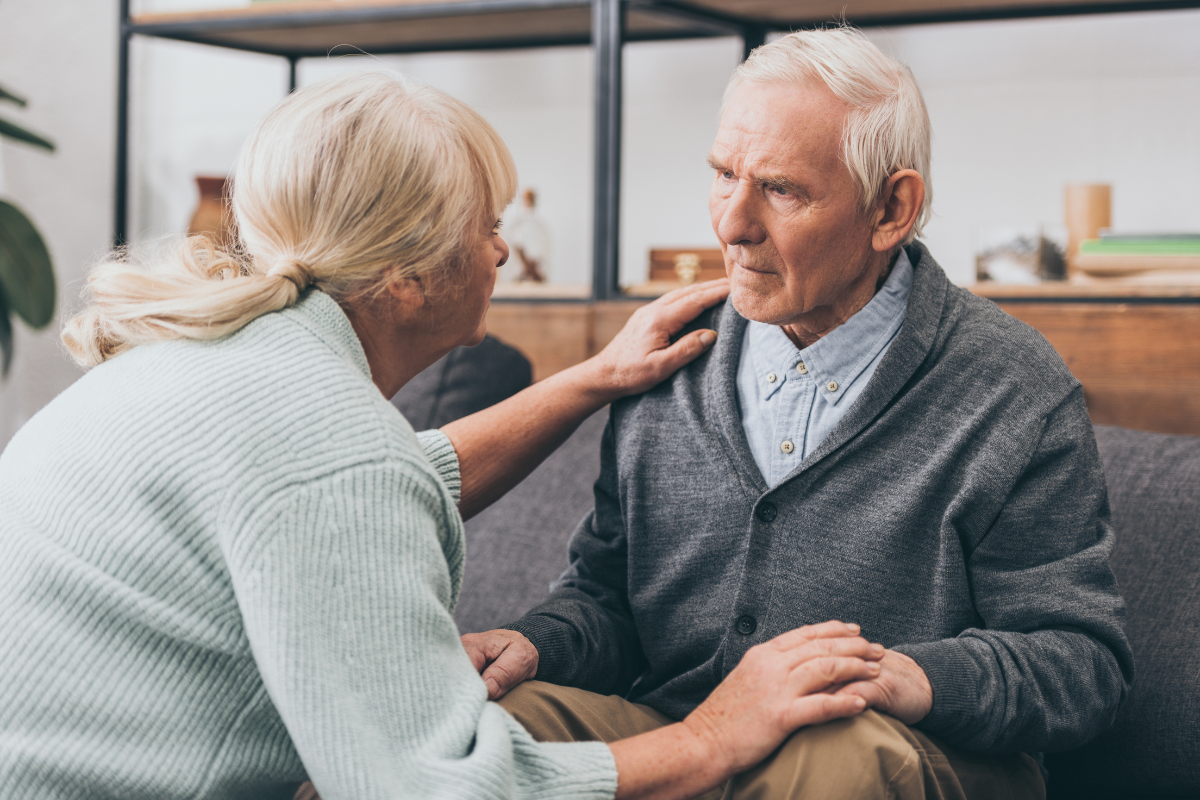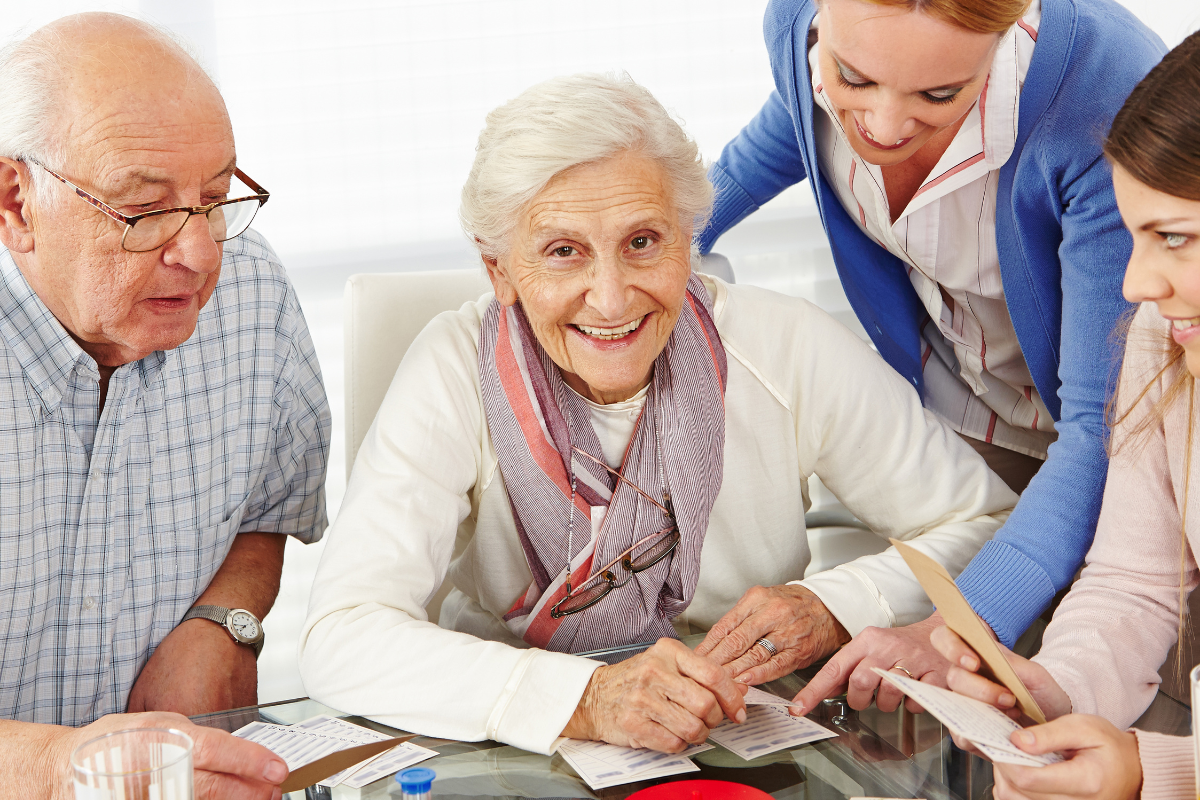Tips & Insights for Millennial Caregivers
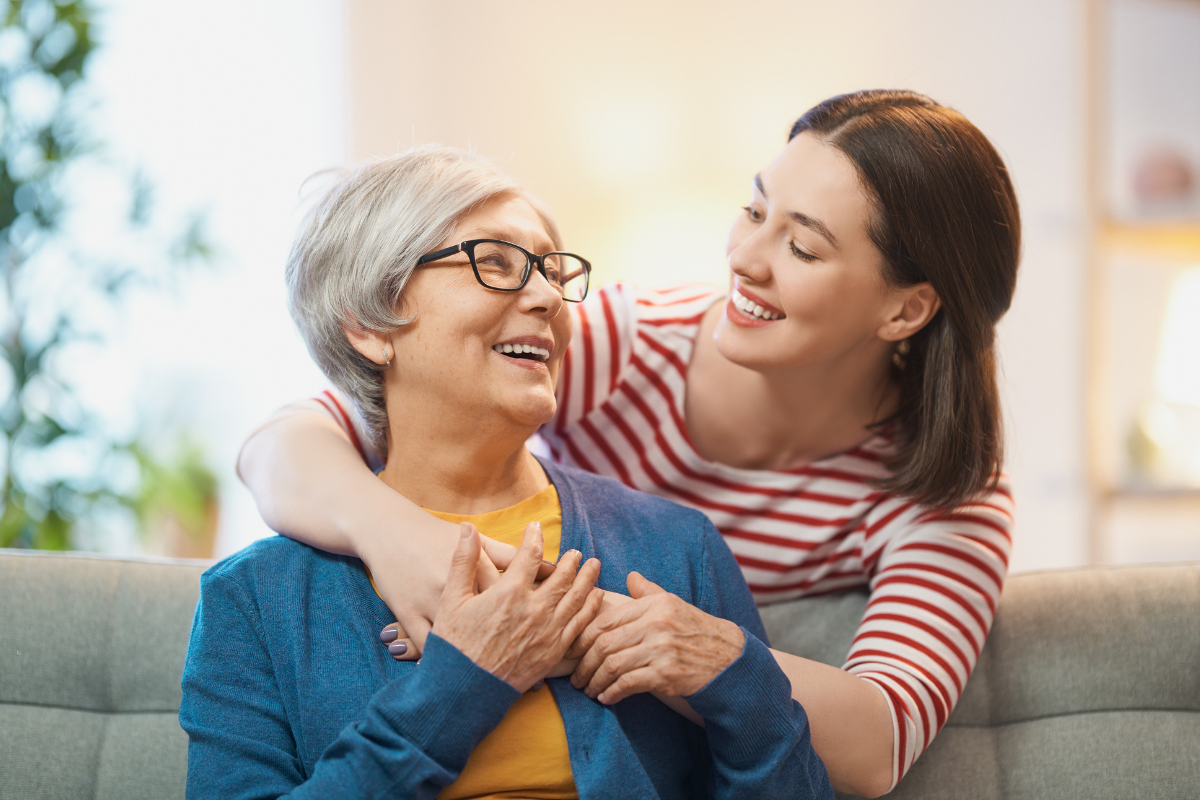
Helping a parent with their end-of-life decisions and caregiving responsibilities can be a challenging experience even for the closest of family members. Yet this reality is something more families are facing everyday.
Many of these new caregivers are millennials, who are stepping into this role while still balancing a life of their own. To help those who are just learning about end-of-life care, here are some tips to keep in mind about becoming a caregiver – and how hospice can help.
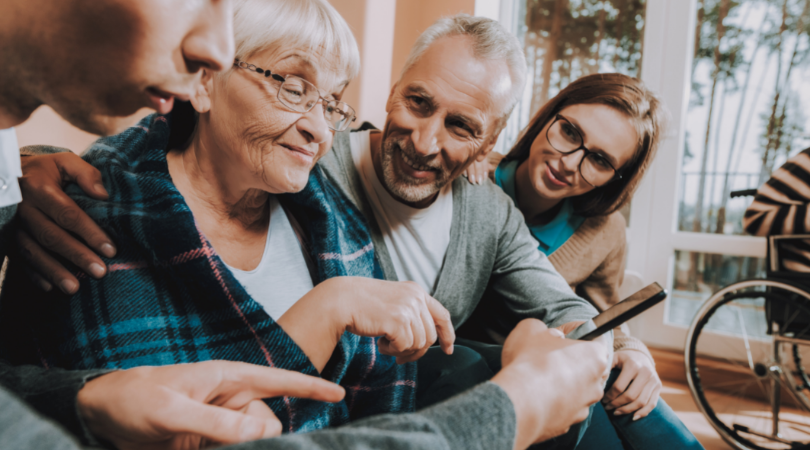
Know that you are not alone.
According to AARP, every year there are approximately 40 million caregivers in the United States that provide assistance with daily activities to their family members. One quarter of these caregivers are between the ages of 20 and 40.
This younger generation of millennial caregivers are often learning about hospice care for the first time. Many of them are overwhelmed at the responsibilities it brings while grieving for the ones they know they are going to lose, says Sam Hartsfield, a site educator with Crossroads Hospice & Palliative Care.
“There is one thing for caregivers to keep in mind: You do not have to take this journey alone,” says Sam. “The more support you have, and the more people you can call, the better.”
The good news is there are many ways millennial caregivers and their loved ones can be supported throughout their end-of-life journey, and they don’t have to do it by themselves. Hospice providers like Crossroads have teams of dedicated nurses, social workers, chaplains, bereavement counselors, and volunteers who are ready to help families access the resources they need once they decide it’s time.
At Crossroads, our team can help millennial caregivers anytime throughout their loved one’s end-of-life journey — from providing emotional and spiritual support during important life decisions to helping with pain management so their loved one can live the best quality of life during their time together. No matter what the needs are, our team ensures that families and patients never feel like they are alone.
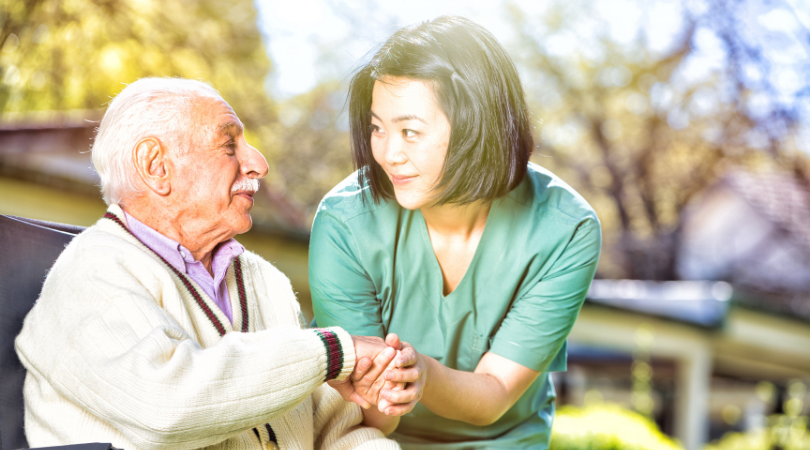
Hospice care can begin sooner than you think.
Gone are the days when hospice meant a patient only had a few days left to live. With the advancement of pain and symptom management, patients can begin receiving hospice care with a diagnosis of up to six months left to live.
That means, the sooner patients and their families decide that hospice care is their best option, the sooner they can begin managing their symptoms under the supervision of their hospice team and taking advantage of the life they have left to live.
“Crossroads can help guide you. Even though this may be your first time losing a parent, it isn’t our first time,” Sam says. “We are very experienced, and our staff has a wealth of knowledge to offer.”
It’s important not to wait until it’s too late. Many times, family members don’t want to have the tough conversations with their loved ones about end-of-life care and hospice. Others might not know that hospice is even an option.
For those who want to know more about what hospice can do for their loved ones, reach out to Crossroads for an informational interview.
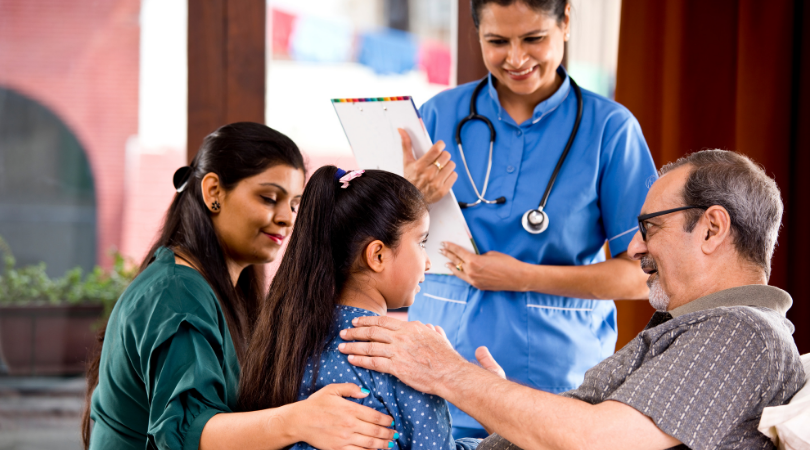
Utilize all the resources available.
For many young caregivers, life doesn’t stop. They may have children, careers, or dating lives they are juggling while being full-time caregivers. Luckily, there are resources available to help with managing their loved one’s care.
One resource offered by Crossroads is respite care, which provides the caregiver five days of rest from their duties of primary caregiving. During these five days, Crossroads helps coordinate the care of the patient as they are cared for by the hospice team, while the caregiver rests and takes care of their personal life.
Respite care was created to help prevent caregiver burn-out, says Sam, which often happens to first-time caregivers who have never been in this position.
Another benefit of Crossroads’ hospice care is bereavement counseling, a service that pairs families with a counselor to guide them through the various stages of grief and to help them find acceptance in the hard truths of losing someone. By using this resource before, during, and after their loved one’s end-of-life, millennial caregivers can create a system of support and understanding for whatever comes their way.
“Bereavement services are severely underutilized,” says Sam. “Most people don’t use it until after death.”
Lastly, caregivers and family members who are seeking spiritual and emotional guidance can meet with Crossroads’ chaplains. These spiritual leaders provide patients that extra layer of faith and comfort during their end-of-life journey and can help with planning funeral services and end-of-life celebrations.
To find more caregiver resources for millennials taking care of parents, give us a call at 1-888-564-3405.
If you found this information helpful, please share it with your network and community.
Copyright © 2022 Crossroads Hospice & Palliative Care. All rights reserved.


